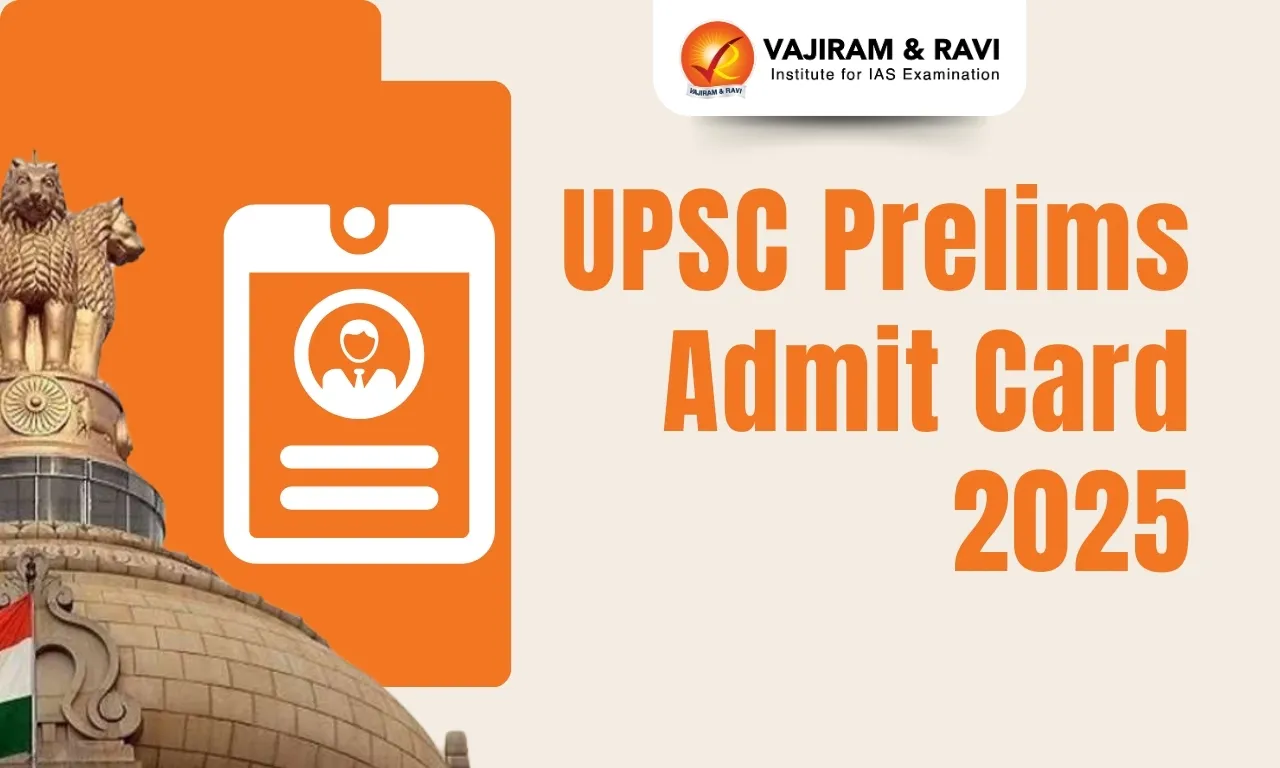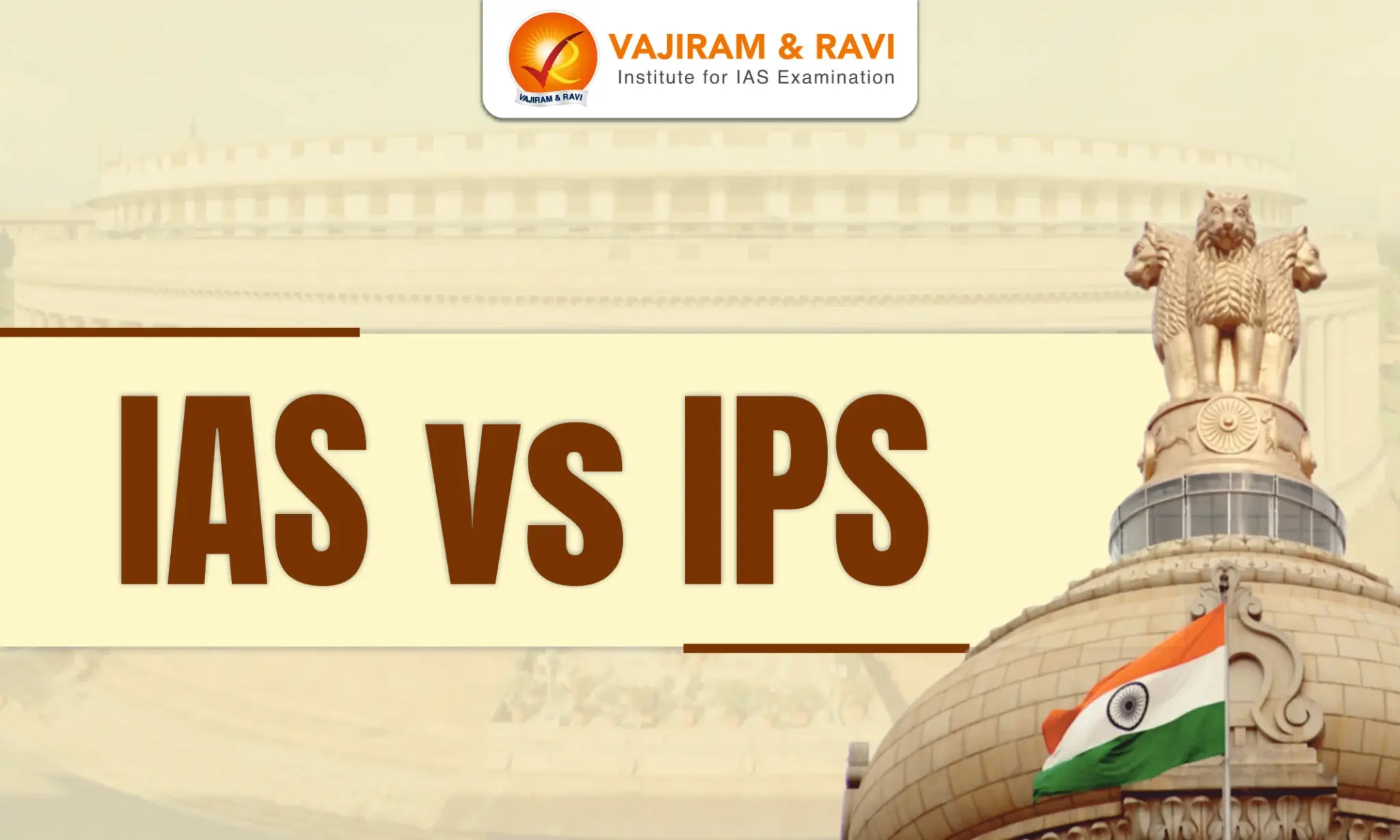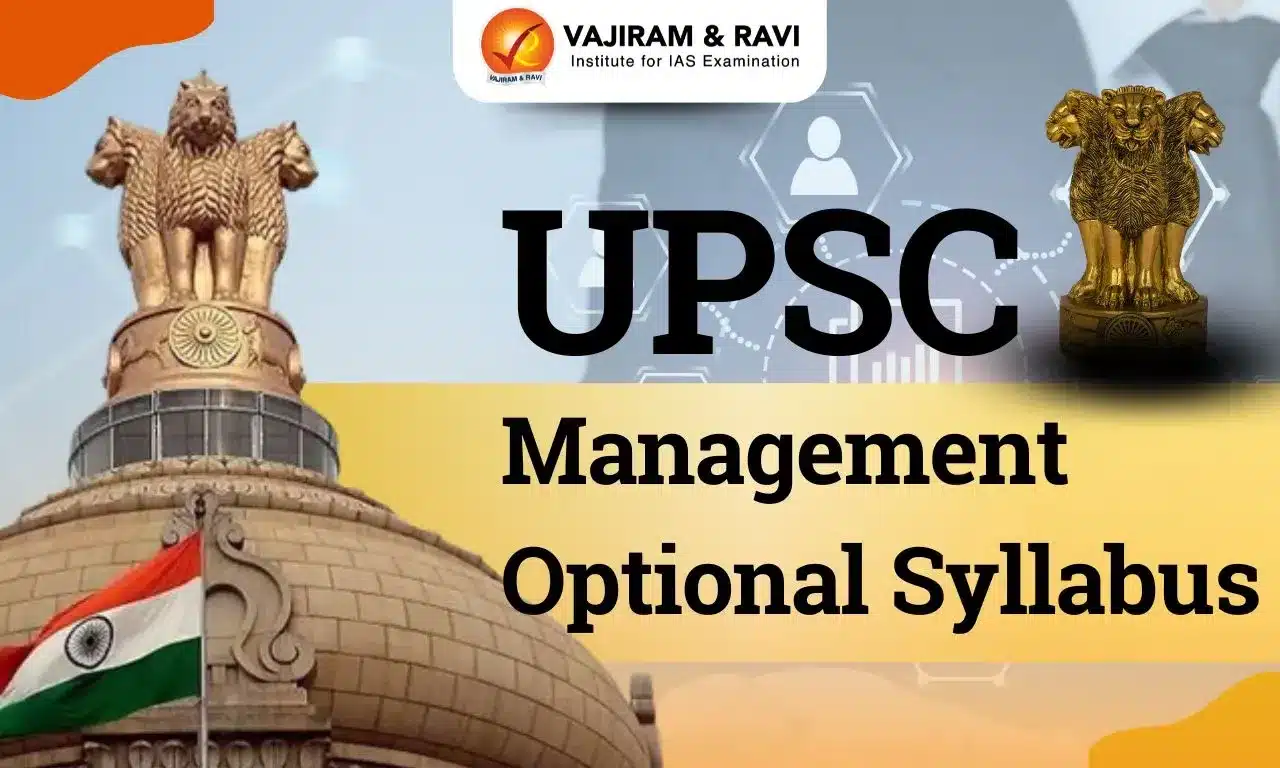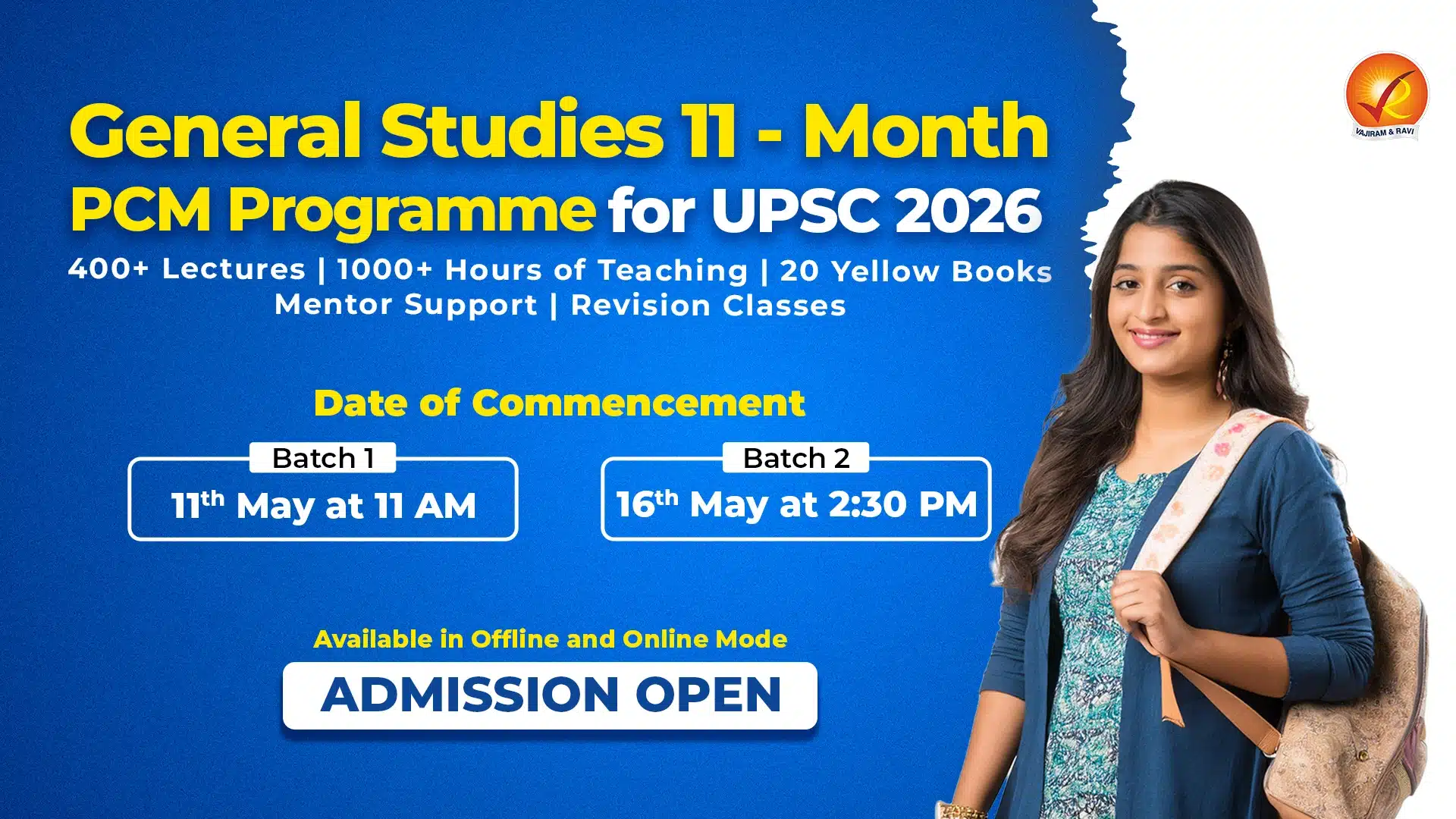UPSC Maths Optional Books – Mathematics is an optional subject that candidates can choose for the UPSC Civil Services Mains exam. It is a subject that requires a strong mathematical aptitude and a genuine passion for the subject. Mathematics covers a wide range of topics, such as linear algebra, calculus, differential equations, analytical geometry, vector analysis, dynamics and statics, etc.
The syllabus for mathematics is divided into two papers, each carrying 250 marks. The questions asked in the mathematics papers are generally direct, and candidates can score high marks if they solve the problems correctly and with accuracy. Here is a list of the best Maths Optional Books for the UPSC Mains Examination.
UPSC Maths Optional Books for Paper I
Math Optional paper 1 for UPSC consists of 250 marks and covers topics such as linear algebra, calculus, analytic geometry, ordinary differential equations, vector analysis, dynamics and statics. The paper tests the candidates’ knowledge of the concepts, theorems, and methods of mathematics, as well as their ability to solve problems and apply mathematics to real-world situations. The paper is divided into two sections, A and B, each containing five questions. Candidates have to answer any three questions from each section. Here is a list of best-recommended books for Maths Optional Paper I for UPSC Mains:
1) LINEAR ALGEBRA
a) SCHAUM SERIES – Seymour Lipschutz
b) LINEAR ALGEBRA – Hoffman and Kunze
2) CALCULUS
a) MATHEMATICAL ANALYSIS – S C Malik and Savita Arora
b) ELEMENTS OF REAL ANALYSIS – Shanti Narayan and M D Raisinghania
3) ANALYTIC GEOMETRY
a) ANALYTICAL SOLID GEOMETRY – Shanti Narayan and P K Mittal
b) SOLID GEOMETRY – P N Chatterjee
4) ORDINARY DIFFERENTIAL EQUATIONS (ODE)
ORDINARY AND PARTIAL DIFFERENTIAL EQUATIONS – M D Raisinghania
5) DYNAMICS AND STATICS
KRISHNA SERIES
6) VECTOR ANALYSIS
SCHAUM SERIES – Murray R. Spiegel
Maths Books for Optional Paper II
Maths optional paper II consists of 250 marks and covers topics such as modern algebra, real analysis, complex analysis, linear programming, partial differential equations, numerical analysis, computer programming, and mechanics and fluid dynamics. The paper tests the candidates’ ability to understand and apply advanced mathematical concepts and techniques, as well as their problem-solving and programming skills. Here is a list of best-recommended books for UPSC Maths Optional Paper II:
1) ALGEBRA
CONTEMPORARY ABSTRACT ALGEBRA – Joseph Gallian
2) REAL ANALYSIS
SAME AS CALCULUS OF PAPER 1
3) COMPLEX ANALYSIS
a) SCHAUM SERIES – Speigel, Lipschitz, Schiller, Spellman
4) LINEAR PROGRAMMING
LINEAR PROGRAMMING AND GAME THEORY – Lakshmishree Bandopadhyay
5) PARTIAL DIFFERENTIAL EQUATIONS
a) SAME AS ODE OF PAPER 1
b) ADVANCED DIFFERENTIAL EQUATIONS – M D Raisinghania
6) NUMERICAL ANALYSIS AND COMPUTER PROGRAMMING
FOR NUMERICAL ANALYSIS
a) COMPUTER BASED NUMERICAL AND STATISTICAL TECHNIQUES – M.Goyal
b) NUMERICAL METHODS – Jain, Iyengar and Jain
FOR COMPUTER PROGRAMMING DIGITAL LOGIC AND COMPUTER DESIGN – M. Morris Mano
7) MECHANICS AND FLUID DYNAMICS – KRISHNA SERIES
How to prepare with UPSC Maths Optional Books?
Joining the right coaching for guidance and using the best Maths Books for your preparation can help you decrease your effort and increase your productivity towards clearing the UPSC Maths Optional Exam. Here is how you can use Maths Optional Books for your Main Examination preparation:
- Structured Preparation for High Scores:
- Prepare Maths systematically and strategically for better scores.
- Use key tips to cover UPSC Maths optional books efficiently and make the most of your study time.
- Apply these strategies to other UPSC books as well.
- Master Formulas and Techniques:
- Before diving into UPSC Maths optional books, understand Maths formulas, shortcuts, and calculation techniques.
- This knowledge will help you use book materials more effectively.
- Select Books Based on Comfort and Proficiency:
- Choose Maths optional books for UPSC IAS Mains based on your comfort and preparation level.
- Stick to one book per topic if you are proficient in it.
- Focus on Fundamental Understanding:
- Opt for books that explain basic concepts with solved examples and practice sets.
- For example, use Shanti Narayan’s books for Calculus with clear example-wise explanations.
- Prioritize Basic Topics:
- Linear Algebra, Calculus, Analytic Geometry, and Vector Analysis are fundamental Maths optional topics.
- Start with books providing detailed solutions for these topics.
- Create Handy Notes:
- Make short handwritten notes for each concept and formula while reading a book.
- Practice and apply these notes later in problem-solving.
- Avoid Information Overload:
- Don’t overwhelm yourself with too many books and external study materials for UPSC Maths.
- Focus on mastering basic concepts first and then solve previous questions from model papers to easily clear the UPSC IAS Cut Off.
Last updated on April, 2025
→ UPSC Notification 2025 was released on 22nd January 2025.
→ The UPSC Vacancy 2025 were released 1129, out of which 979 were for UPSC CSE and remaining 150 are for UPSC IFoS.
→ UPSC Admit Card 2025 is expected to release in first week of May for CSE Prelims Exam 2025.
→ The UPSC Prelims 2025 is scheduled to be conducted on 25th May 2025 and UPSC Mains 2025 will be conducted on 22nd August 2025.
→ Apply once through it and aspirants can apply for various government exams conducted by UPSC.
→ The UPSC Selection Process is of 3 stages-Prelims, Mains and Interview.
→ UPSC Result 2024 is released with latest UPSC Marksheet 2024. Check Now!
→ UPSC Toppers List 2024 is released now. Shakti Dubey is UPSC AIR 1 2024 Topper.
→ Also check Best IAS Coaching in Delhi
UPSC Maths Optional Books FAQs
Q1. Which book is best for UPSC Maths optional?+
Q2. How should I prepare for Maths optional in UPSC?+
Q3. What level of Maths is required for UPSC Optional?+
Q4. Which Maths book is best for UPSC Prelims?+














